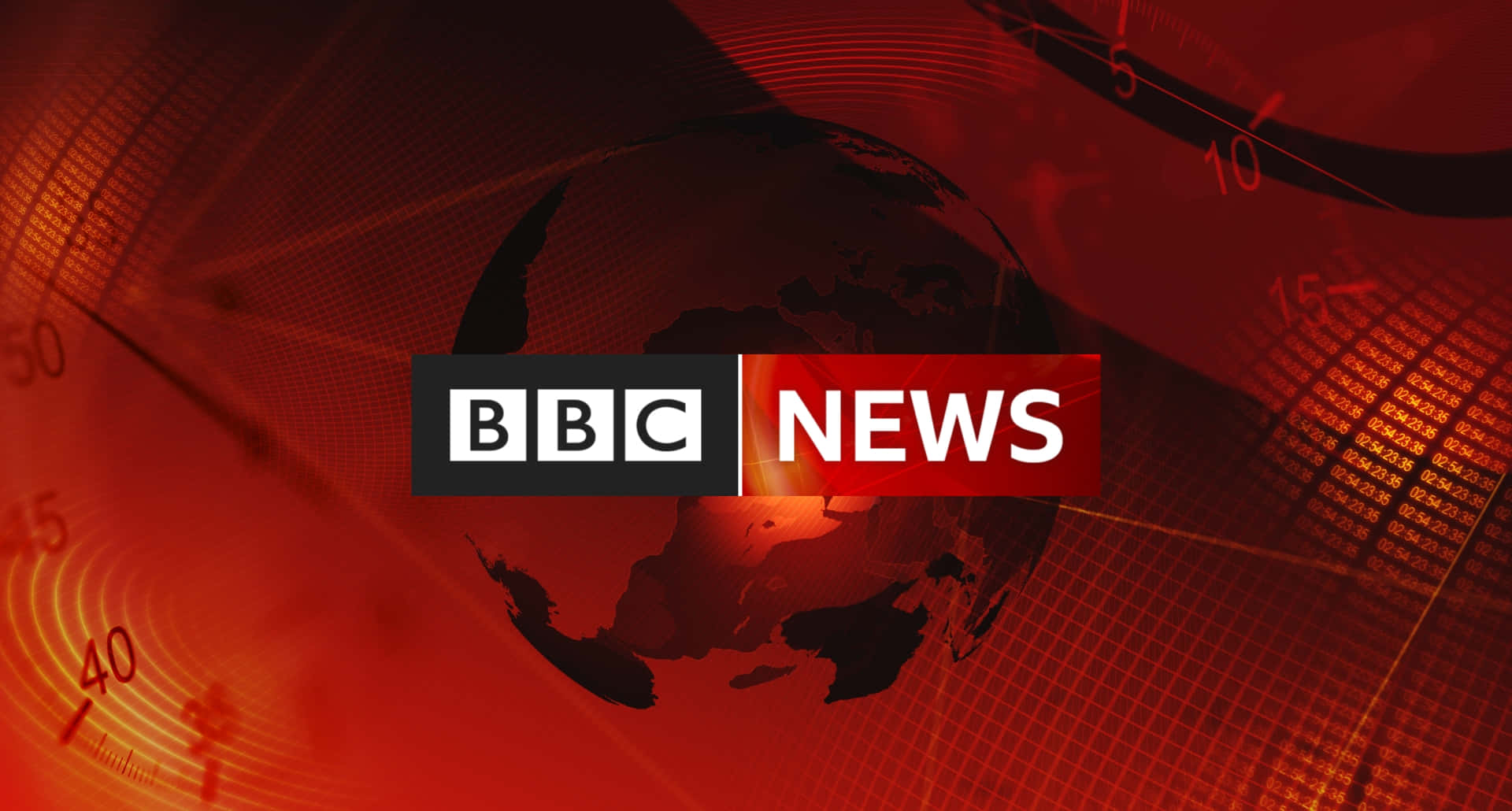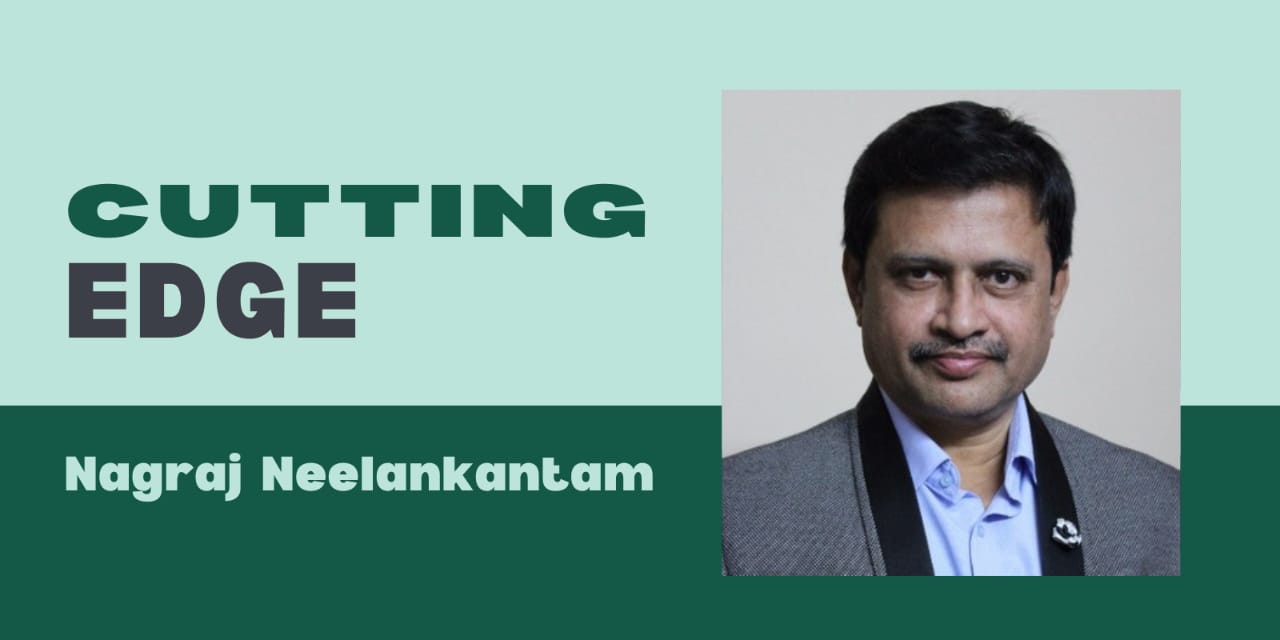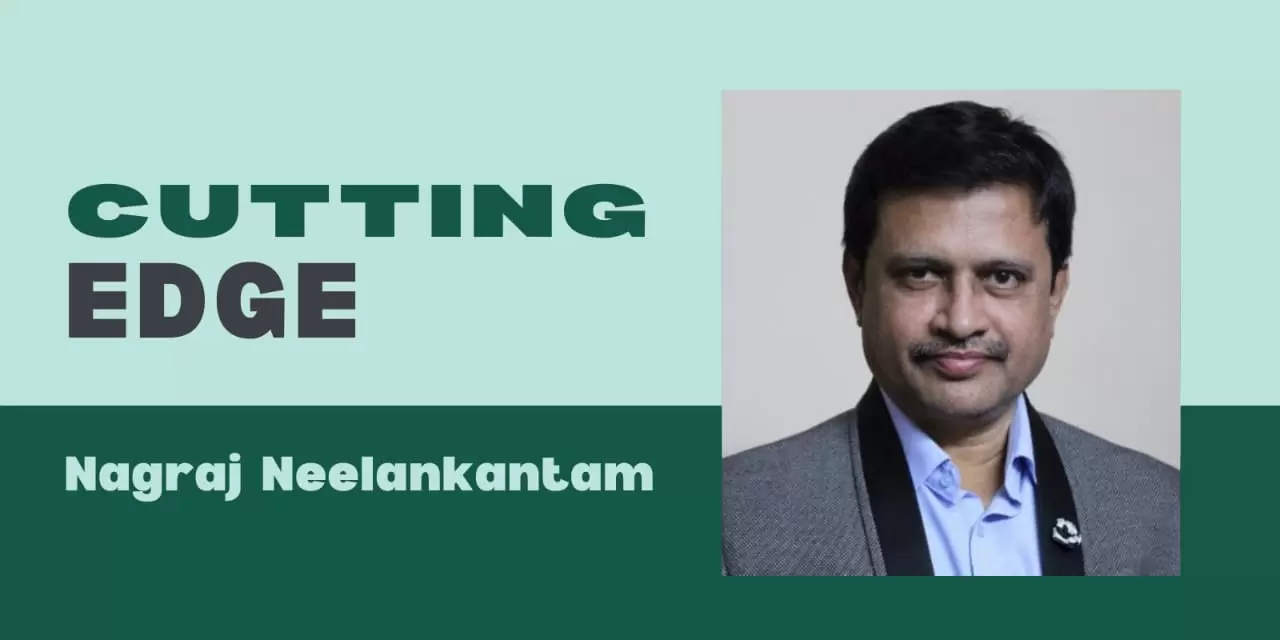In an age where information flows faster than truth can be anchored, the sanctity of news becomes both shield and sword—guarding public trust and challenging powerful institutions. Recent revelations have cast long shadows on the once-venerable British Broadcasting Corporation (BBC), igniting a global debate on journalistic integrity, manipulation, and the ripple effects such actions have on political landscapes from Washington to New Delhi. This exposé on the BBC’s alleged editorial malpractice surrounding former U.S. President Donald Trump’s January 6 speech stirs strong sentiments reminiscent of dharma—truth upheld not as dogma, but as collective duty shaping civilization.
The heart of this unfolding controversy stems from a whistleblower’s report by a former BBC editorial adviser. The report alleges deliberate editing of Donald Trump’s speech—specifically removing his call to protest “peacefully and patriotically”—thereby reframing the message to imply incitement to violence at Capitol Hill. As outlined in the internal 19-page document, this omission significantly altered audience perception and fed a narrative portraying Trump as the principal instigator of the attack on democracy.
These editorial choices revive long-standing questions about global media responsibility—and the temptation to allow agenda to eclipse accuracy. For Indian audiences, this is not unfamiliar. The controversy mirrors editorial criticisms previously aimed at the BBC, including its contentious documentary “India: The Modi Question,” which New Delhi condemned as biased and agenda-driven. [You may add an official Indian government response reference here.]
Expert media analysts draw attention to the BBC’s recurring entanglements with propaganda and selective storytelling—issues documented in extensive academic and journalistic inquiries. Dr. Aarti Shah, Professor of Journalism and Mass Communication, explains: “Editorial intervention in politically charged coverage is not new, but the scale and intent matter. When global players like the BBC are involved, it signals a crisis that transcends national borders.”
As the scandal escalates, Trump’s public vow of “revenge” reverberates through political corridors, intensifying demands for media accountability and re-igniting debate on press freedom amid electoral contestation. With the report emerging ahead of the 2024 U.S. elections, critics question timing, motive, and the possibility of influencing democratic outcomes.
The fallout, however, extends far beyond the Western hemisphere. In India, where the BBC’s journalism on sensitive political and cultural issues routinely faces scrutiny, parallels are swiftly drawn to perceived selective targeting of Indian leadership. Renowned Indian journalist Sumeet Jain, who brought the whistleblower’s revelations to South Asian audiences through his Geo-Politics platform, cautions: “When powerful institutions distort narratives, both democracy and tradition become casualties.”

Media historians remind us that long before “fake news” became a household term, institutions like the BBC exerted influence well beyond entertainment—shaping wartime propaganda, legitimizing foreign interventions, and constructing public memory through omission and emphasis. These latest revelations do not appear isolated but fit a pattern that has intensified calls for greater transparency and neutrality in newsrooms.
Prof. Rajdeep Khanna, a senior editor and media ethics researcher, emphasizes: “Plural societies like India depend on vigilant and impartial media to protect cultural diversity and uphold democratic reform. The BBC episode underscores that such vigilance must be global. Otherwise, editorial silos corrode the very architecture of trust.”
The significance of this scandal is felt keenly in India, where news is not merely information but a flowing river carrying values, memory, identity, and aspiration. Indian journalism—rooted in the ideals of Satya (truth) and Dharma (duty)—upholds facts not as mere data but as sacred public trust. The BBC’s alleged breach, therefore, triggers deeper reflection not only on the ethics of editing but on the profound responsibility the media holds in societies where confidence in institutions forms the bedrock of civic life.
Cultural commentator Dr. Sangeeta Naidu notes: “When journalism forgets its soul—its commitment to truth, context, and respect for diversity—it loses its power to heal, unite, and inspire.”
As the world watches the BBC navigate this reckoning, the episode offers sobering lessons for every newsroom and every citizen. It is a reminder that scientific rigor must meet ethical wisdom, and truth is best served when tradition and modernity are united by integrity.
In moments like this, media professionals, activists, and audiences are called not only to demand higher standards—but also to embody them. Restoring faith in institutions is a shared responsibility requiring collective vigilance, fact-checking, and informed civic engagement.
Journeying forward, we must strive not to remain mere consumers of information, but custodians of truth—ensuring that the rivers of news remain clear, nourishing a society rooted in transparency, accountability, and hope.





